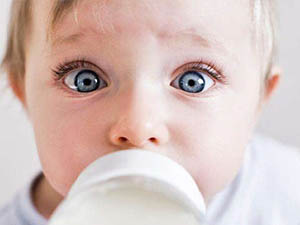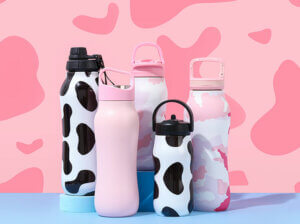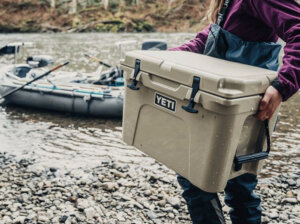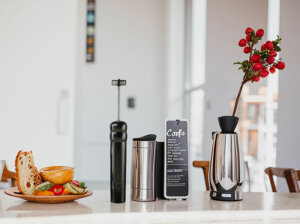“Do not use bottles containing BPA. ” This has been a long consensus among Chinese mothers, not only in China, but also in the health departments of many European countries.
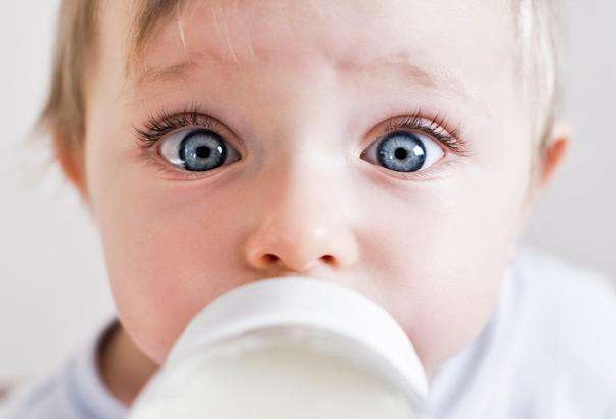
Bisphenol A, referred as bisphenol propane (BPA), is an important raw material for PC. And PC is the abbreviation of polycarbonate, has excellent electrical insulation, extensibility, dimensional stability and chemical resistance, has high strength, heat resistance and cold resistance, low price and increased transparency and drop resistance. Polycarbonate bottles can be reused and are also popular containers among students. Campers and others are also use baby bottles in daily lives. In addition, the inner layer of dental materials, sealants and aluminum cans for food and beverages also both have found BPA.
So what are the hazards of BPA if Bisphenol A enter the human esophagus?
1. It may lead to organ failure, leukemia or the body weight drops sharply or rises rapidly.
2. It can cause female hormone secretion too much, sexual precocious puberty, or male sperm secretion too much.
3. It may cause diseases such as breast cancer and birth defects. In addtion, there are more potential toxicity of BPA after it enters the esophagus, so we should pay great attention to it and not ignore its potential toxicity.
Dong Jinshi, executive vice president and secretary general of the International Food Packaging Association, pointed out that BPA is mainly to increase transparency and at the same time to resist falling can be good, not easy to crack. As for BPA used in food packaging, China has national standards. At present, China has only one. The current national standard applicable to all PC bottles is GB 14942-1994 “Polycarbonate resin for food containers and packaging materials. “Standard for Health”, which stipulates the amount of BPA: the phenol contained in one liter of distilled water must be ≤0.05mg. This is a national mandatory standard. According to regulations, every PC plastic product must be tested for BPA, and used in limited quantities. If you are qualified the PC material, generally BPA will not exceed the standard. But if the baby bottle is made from recycled waste CD and industrial plastics, it is very easy to cause BPA to exceed the standard.
Dong Jinshi said that the big-brand plastic bottles sold in supermarkets are quite reassuring. However, out of caution consider, it is best to choose a BPA free plastic bottle. If normal plastic baby bottles are used, do not sterilize them over 100°C and do not microwave them. The disinfection plastic bottles can wear and age after repeated sterilization, resulting in an increase in the amount of BPA dissolved, it’s best to change bottles after using for a few months.

